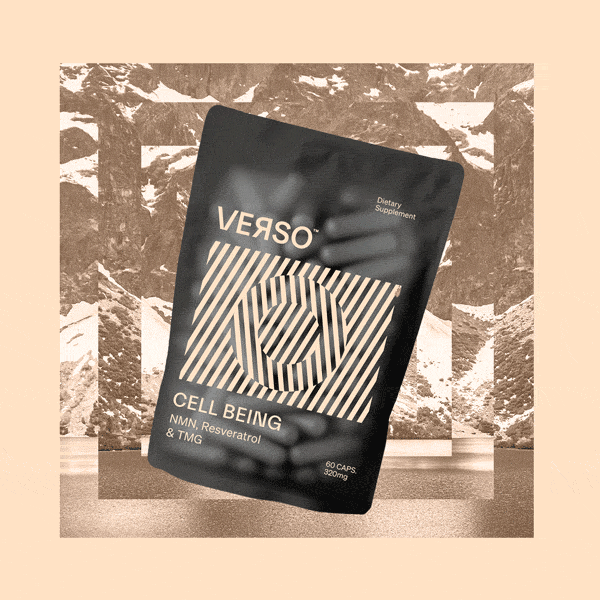

Verso Cell Being Review
In recent years, as the world faces unprecedented environmental challenges, the necessity for sustainable technologies has become increasingly apparent. Among these technologies, Verso Cell Being and Verso Clean Being stand out as promising solutions towards a cleaner and more sustainable future. These innovative concepts encompass a range of approaches aimed at revolutionizing various industries, from energy production to waste management. In this essay, we will delve into the principles, applications, benefits, and challenges associated with Verso Cell Being and Verso Clean Being, elucidating their potential to shape a more environmentally conscious world.
Verso Cell Being: Harnessing Renewable Energy
Verso Cell Being represents a paradigm shift in energy production, focusing on the utilization of renewable resources to meet the world's growing energy demands sustainably. At its core, Verso Cell Being encompasses a diverse array of technologies such as solar, wind, hydroelectric, and geothermal power generation. These technologies leverage the natural elements to produce electricity without depleting finite resources or emitting harmful greenhouse gases.
Solar energy, one of the cornerstones of Verso Cell Being, harnesses the power of sunlight through photovoltaic cells or solar thermal collectors. These technologies convert sunlight directly into electricity or utilize it to heat fluids, subsequently driving turbines to generate power. With advancements in solar panel efficiency and declining costs, solar energy has emerged as a viable alternative to traditional fossil fuels.
Similarly, wind power exploits the kinetic energy of the wind to rotate turbines, which in turn generate electricity. Wind farms, both onshore and offshore, have proliferated across the globe, capitalizing on areas with consistent wind patterns to produce clean energy on a large scale.
Hydroelectric power, another integral component of Verso Cell Being, taps into the energy of flowing water to generate electricity. Through the construction of dams and reservoirs, hydroelectric plants capture the potential energy stored in elevated water bodies and convert it into kinetic energy, which drives turbines to produce power.
Geothermal energy, although less prevalent, utilizes the Earth's internal heat to generate electricity or provide heating and cooling for buildings. By tapping into geothermal reservoirs, typically found in regions with tectonic activity, geothermal power plants can harness a continuous and renewable source of energy.
Verso Clean Being
Verso Clean Being extends beyond energy production, encompassing strategies for sustainable waste management and resource utilization. At its essence, Verso Clean Being aims to minimize waste generation, maximize resource recovery, and foster a circular economy wherein materials are reused, recycled, or repurposed to mitigate environmental impact.
One of the fundamental principles of Verso Clean Being is the adoption of a hierarchy of waste management practices, prioritizing waste prevention, followed by reuse, recycling, energy recovery, and lastly, disposal. By emphasizing waste reduction at the source through product design, manufacturing processes, and consumer behavior, Verso Clean Being seeks to minimize the environmental footprint associated with waste generation.
Recycling plays a pivotal role in Verso Clean Being, enabling the recovery of valuable materials from waste streams to be used as feedstock in the production of new goods. Through processes such as sorting, shredding, melting, and refining, recyclable materials such as metals, plastics, glass, and paper are transformed into raw materials for manufacturing, conserving natural resources and reducing energy consumption compared to virgin material production.
Complementary to recycling, energy recovery technologies utilized in Verso Clean Being harness the calorific value of non-recyclable waste fractions to generate heat, electricity, or fuels. Methods such as waste-to-energy incineration, anaerobic digestion, and pyrolysis convert organic and residual waste into usable energy sources while minimizing landfill volumes and methane emissions.
Furthermore, Verso Clean Being promotes the adoption of circular economy principles, wherein products and materials are designed for durability, reparability, and recyclability, thus extending their lifespan and reducing the need for virgin resource extraction. By closing the loop on material flows and fostering collaboration across industries, Verso Clean Being aims to create a regenerative and sustainable economic system.
Benefits and Challenges of Verso Cell Being
The adoption of Verso Cell Being and Verso Clean Being offers a multitude of benefits across environmental, economic, and social dimensions. From reduced greenhouse gas emissions and improved air quality to enhanced resource efficiency and job creation, these concepts present opportunities for transformative change. By diversifying the energy mix, mitigating pollution, conserving natural resources, and fostering innovation, Verso Cell Being and Verso Clean Being can drive sustainable development and address pressing global challenges such as climate change and resource depletion.
However, the widespread adoption of Verso Cell Being and Verso Clean Being is not without its challenges. Technological barriers, financial constraints, regulatory frameworks, and public perception pose significant obstacles to implementation. Moreover, the transition away from fossil fuels and linear consumption patterns necessitates systemic changes in infrastructure, behavior, and governance. Overcoming these challenges requires concerted efforts from governments, businesses, communities, and individuals to support research and development, incentivize investment, enact supportive policies, and raise awareness about the benefits of sustainable practices.
Conclusion
In conclusion, Verso Cell Being and Verso Clean Being represent promising pathways towards a more sustainable and resilient future. By harnessing renewable energy sources, reimagining waste management, and embracing circular economy principles, these concepts offer solutions to some of the most pressing environmental challenges facing humanity. Despite the complexities and obstacles associated with their implementation, the transformative potential of Verso Cell Being and Verso Clean Being cannot be overstated. Through collaborative action and innovation, we can harness the power of these concepts to create a cleaner, healthier, and more equitable world for present and future generations.
Explore the Perfect Health Sciences Website

The information on this site is not intended or implied to be a substitute for professional medical advice, diagnosis or treatment. If you or any other person has a medical concern, you should consult with your health care provider or seek other professional medical treatment immediately. Our products are intended to be refrigerated.
Email us at [email protected]. Our mailing address is #113-14088 Riverport Way, Richmond, BC, V6W 0A7.